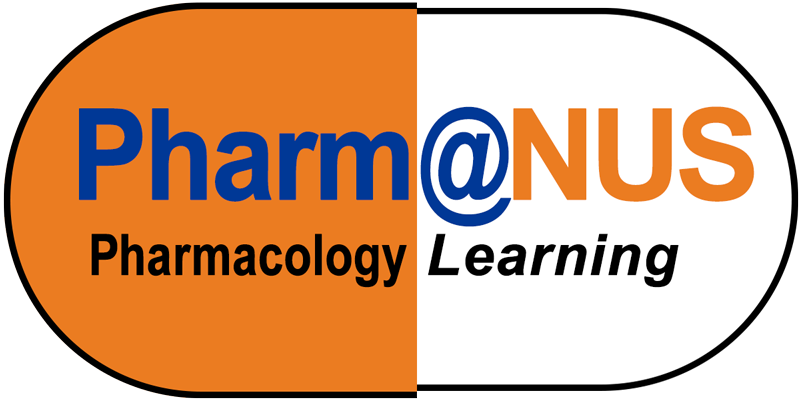Educification
Gamification can enhance learning by increasing active engagement. However, the design of educational games that will excite and retain learner interest can be challenging. Learning new gameplay rules and environments can apply an extraneous cognitive load, which can detract from learning the intended educational content.
Educification is an approach to gamification that brings education into the games that learners are already playing. This reduces extraneous cognitive load, as the learners are already familiar with the game rules and environment. Moreover, it allows the selection of game formats that are already proven to engage and keep the interest of the target audience of learners.
Examples of Educification
 |
Drugdle, launched in January 2022, utilizes the widely popular letter-matching, word-guessing game format to help medical and health professionals and students actively recall and learn to spell the international nonproprietary names (INNs) of commonly prescribed drugs. This gameplay format has a rich history, being featured in the pen-and-paper word game Jotto (1955), the word-based variation of Bulls-and-Cows, board games such as Word Master Mind (1972), the TV game show Lingo (1987), and the more recent viral sensation, the Wordle app (2021). Another element that reduces cognitive load by creating familiar game rules is the use of a traffic light colour scheme for feedback: amber signifies a correct letter placed incorrectly, and green (modified to blue for better visibility by colour-blind users) indicates a correct letter in the correct position. Moreover, incorporating a virtual keyboard as the method of input offers a user-friendly interface that will be instantly recognizable to anyone who has interacted with a touchscreen mobile device. |
|---|---|
 |
+Word (pharmxword.com), launched in June 2023, utilises the familiar crossword puzzle game format to help medical and health professionals and students actively recall and learn to spell the international nonproprietary names (INNs) of commonly prescribed drugs. Crossword puzzles in the modern format have been popular in magazines and newspapers since the 1910s and have proved an effective tool for self-learning pharmacology [Gaikwad N, Tankhiwale S. Perspect Med Educ. 2012 1(5-6):237-248; Patrick S et al. J Adv Med Educ Prof. 2018 6(4):181-185]. A distinctive feature of the current web app is its capability to generate multiple crossword variants for enhancing systems-based pharmacology learning. |
 |
PharMan, launched in May 2024, utilizes the well-known hangman game format to help medical and health professions students actively recall and learn to correctly spell the names of commonly prescribed drugs. Variants of the hangman game have long been used in educational settings to boost spelling and vocabulary skills. However, we believe this is the first implementation of as a web app designed specifically for learning drug names. Additionally, it introduces a unique twist to the traditional game: incorrect guesses result in a decrease in the plasma drug concentration toward the minimum effective concentration. |
 |
PharMatch, launched in June 2024, uses the familiar card-matching game format. The goal is to match pairs, similar to the card game “concentration” or “memory”, but instead of matching two identical words, the aim is to match WHO international nonproprietary name (INN) stems with their definitions from the WHO INN Stem Book 2018 and 2023 Addendum. |
 |
QuizUp was a highly popular mobile trivia game app. Pharmacology quizzes on the QuizUp platform allowed for repeated practice of multiple-choice questions and, by scoring both accuracy and speed, promoted fluency and automaticity. Such repeated, isolated practice of key component knowledge to achieve fluency and automaticity facilitates development of mastery. Being a multiplayer app with a default mode randomly assigning competitors, QuizUp also enabled global interprofessional interaction between medical, dental, nursing, and pharmacy students. The QuizUp platform was discontinued in March 2021. |
